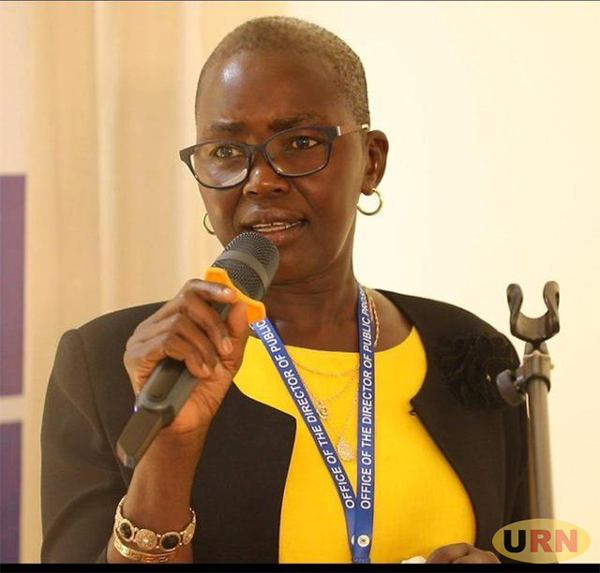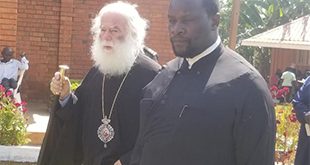
Kampala, Uganda | THE INDEPENDENT | The Director of Public Prosecutions (DPP), Justice Frances Abodo, has rejected proposals from Members of Parliament to take over cases involving civilians being charged before the Court Martial. Abodo cited constitutional limitations and the need to respect judicial boundaries.
Speaking during her appearance before the Legal and Parliamentary Affairs Committee on Wednesday to present the 2025/26 Budget Framework Paper for the DPP, Abodo emphasized that her office is barred by Article 120 of the Constitution from interfering with proceedings at the Court Martial. “I can’t institute and I can’t take over cases under the Court Martial,” she explained. “We have looked at it, and I just want to stay in my lane. You will forgive me if I do not comment on specific cases because the next question would be to provide opinions, which could subject me to the sub judice rule.”
She was responding to a query from Bugiri Municipality MP Asuman Basalirwa, who urged the DPP to consider assuming jurisdiction over civilian cases in the Court Martial. Basalirwa argued that such a move would help ensure fairness and consistency in the judicial process. “We are of the considered opinion that whereas the Constitution states that the DPP can institute cases in all courts except the Court Martial when it comes to taking over and discontinuing cases, the Constitution permits it,” Basalirwa said. “We invited the DPP to seriously consider this provision and see whether the office can move to take over and discontinue proceedings in the Court Martial, particularly for civilians.”
Abodo, however, stood her ground, stressing that any action contrary to the Constitution would overstep her mandate and could lead to legal challenges. “I may not comment further on this matter because it is currently before the Supreme Court,” Abodo said.
The debate around the trial of civilians in military courts has been a contentious issue, with critics arguing that it undermines the principles of justice and human rights.
Currently, Dr Kizza Besigye and Obeid Lutaale Kamulegeya are facing charges in the court martial related to security and unlawful possession of firearms and ammunition.
In 2021, the Constitutional Court ruled that the Court Martial has no powers to try civilians.
In a majority ruling of three justices against two, the court ruled that although the Court Martial is a competent court under the 1995 Constitution, its powers are only limited to serving officers of the Uganda People’s Defense Forces.
The court’s ruling follows a 2016 petition by the then Nakawa Member of Parliament Michael Kabaziguruka challenging his trial in the General Court Martial. Kabaziguruka was accused of being found with firearms a preserve of armed forces.
However, the Attorney General challenged these orders and filed an appeal in the Supreme Court seeking to nullify the Constitutional Court’s decision. The Supreme Court is yet to deliver its ruling.
***
URN
 The Independent Uganda: You get the Truth we Pay the Price
The Independent Uganda: You get the Truth we Pay the Price


